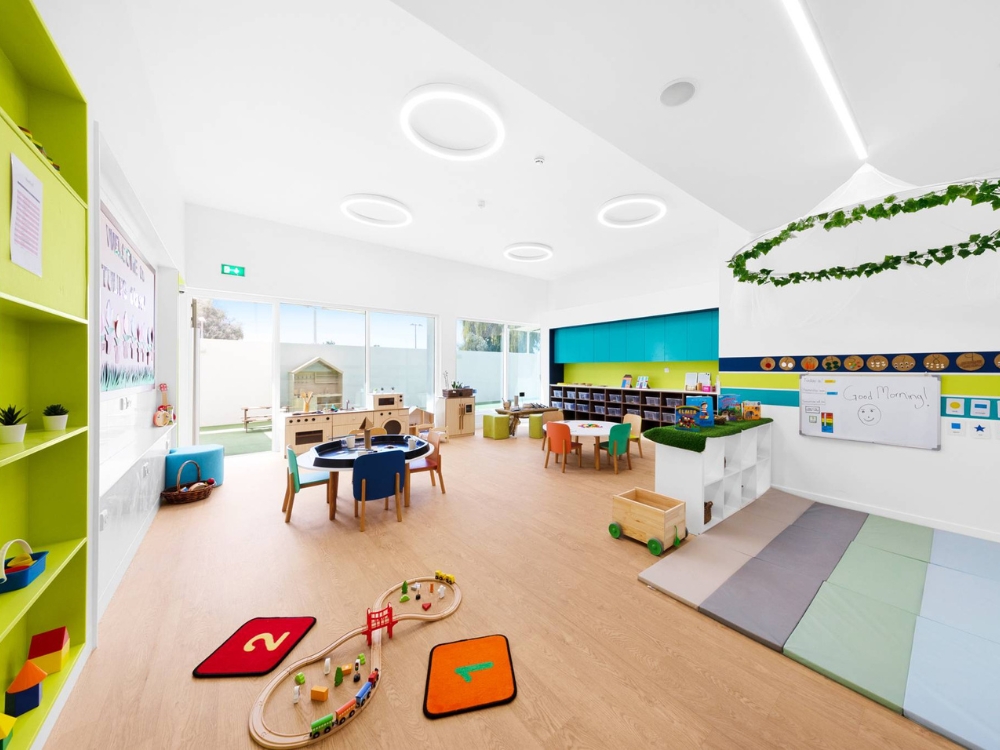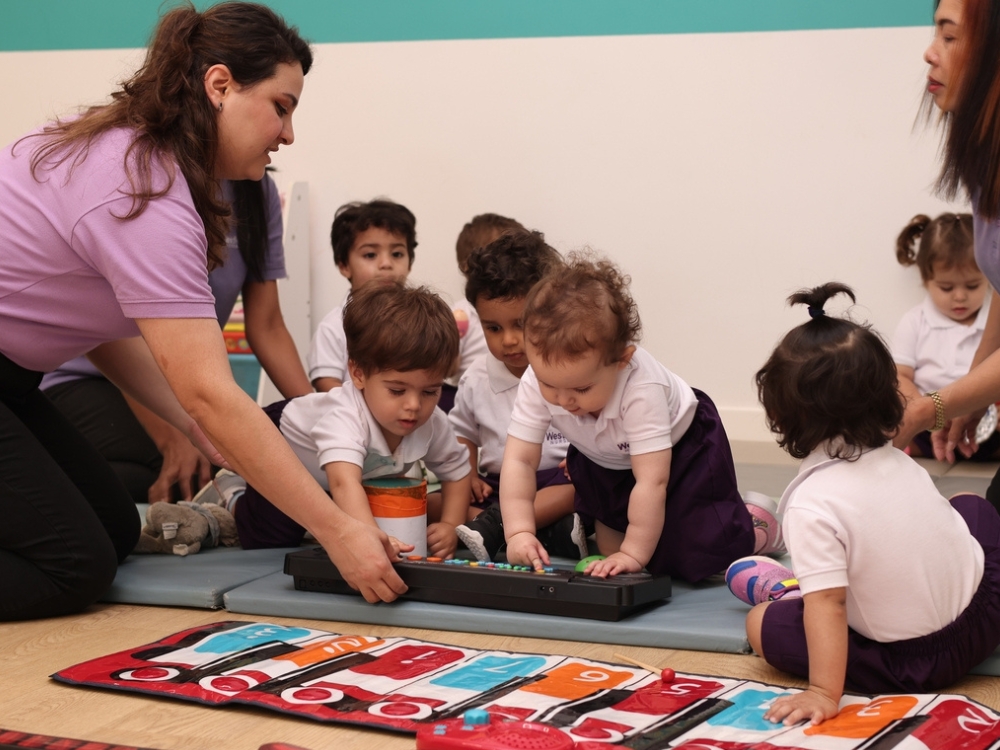Learning through Play
In the dynamic landscape of early childhood education, a fundamental truth emerges: learning through play matters. Beyond the realms of fun and games, play serves as a cornerstone for holistic development, fostering cognitive, social, emotional, and physical growth in young learners. From the sandbox to the classroom, every moment of play holds valuable opportunities for exploration, discovery, and skill-building. In this exploration, we delve into the profound significance of play-based learning and unravel the myriad ways it shapes the bright futures of our children. Join us as we journey through the enchanting world where play and learning intertwine, paving the way for lifelong curiosity and success.
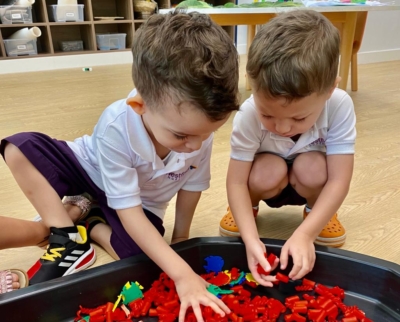
So why is learning that important for your child? Keep reading for comprehensive answers.
Because children talk as they play, it allows them to improve their speech and listening skills. Even when they are playing alone, they are still inclined to self-talk as they maneuver through different toys (e.g., “I’m driving my car down the road”).
Kids add resolve to their play through communicating. The more a child is exposed to a wide range of vocabulary, the better their communication.
Sometimes there will be disputes about who will play which role, which requires the kids to develop their problem-solving skills. For instance, if the kids are playing school, they will need to decide who plays the teacher or the student and decide on their subject.
It aids children’s cognitive development
Studies have shown that kids who are involved in pretend play have greater levels of imagination. It is through play that children nurture their creative skills.
They learn that one thing can be a symbol for other things and are therefore inclined to use things around them to improvise and be creative. For instance, your son may use a random stick as a fishing rod.
Playing as an activity significantly improves a child’s ability to concentrate, memorize, and collaborate.
If they play a game with rules, the child will learn how to follow the rules and how to handle herself if she disagrees with them.
Through play, they also learn how to interact with each other and manage their emotions, all of which are vital social skills.
Promotes relationship building
The playing experience allows children to learn how relationships work and mold them into better social beings. The more a child is exposed to play, the more they will make quality friendships and interactions, all of which help shape their development.
Once your child has established positive friendships, regularly organize playdates for them.
It is through playing that your child learns how to be assertive and cooperative. They will also learn how to negotiate, take turns, share their stuff, and among other things.
It improves their confidence
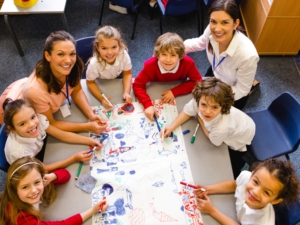
This increases their belief in their abilities, which in turn encourages them to explore. Without confidence, your child’s ability to try new things is negatively affected.
As your child uncovers the new things they can do themselves, their confidence levels shoot through the roof. They will need that confidence as they grow into independent individuals.
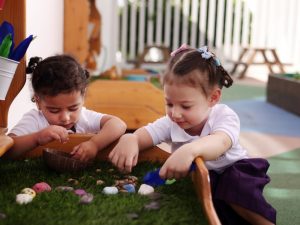 As we conclude our exploration into the pivotal role of play in early childhood education, it’s evident that the benefits extend far beyond the surface level of entertainment. Play is the cornerstone of learning, providing children with the tools they need to navigate the complexities of the world around them. At Atticus Education nurseries in Dubai, we embrace the power of play-based learning, fostering a nurturing environment where children can thrive, grow, and discover their unique potential. Join us in shaping the next generation of curious minds and confident learners. Schedule a visit to our nurseries today and witness firsthand the magic of play-based education. Together, let’s ignite a lifelong love for learning in every child.
As we conclude our exploration into the pivotal role of play in early childhood education, it’s evident that the benefits extend far beyond the surface level of entertainment. Play is the cornerstone of learning, providing children with the tools they need to navigate the complexities of the world around them. At Atticus Education nurseries in Dubai, we embrace the power of play-based learning, fostering a nurturing environment where children can thrive, grow, and discover their unique potential. Join us in shaping the next generation of curious minds and confident learners. Schedule a visit to our nurseries today and witness firsthand the magic of play-based education. Together, let’s ignite a lifelong love for learning in every child.

Book A Tour | Curriculum | Fee Details | Apply Online | Contact Us
[ratemypost]
[ratemypost]

